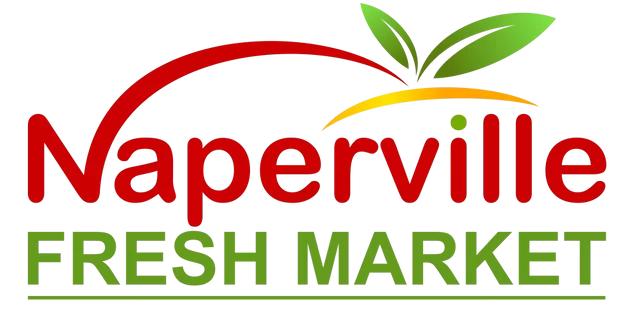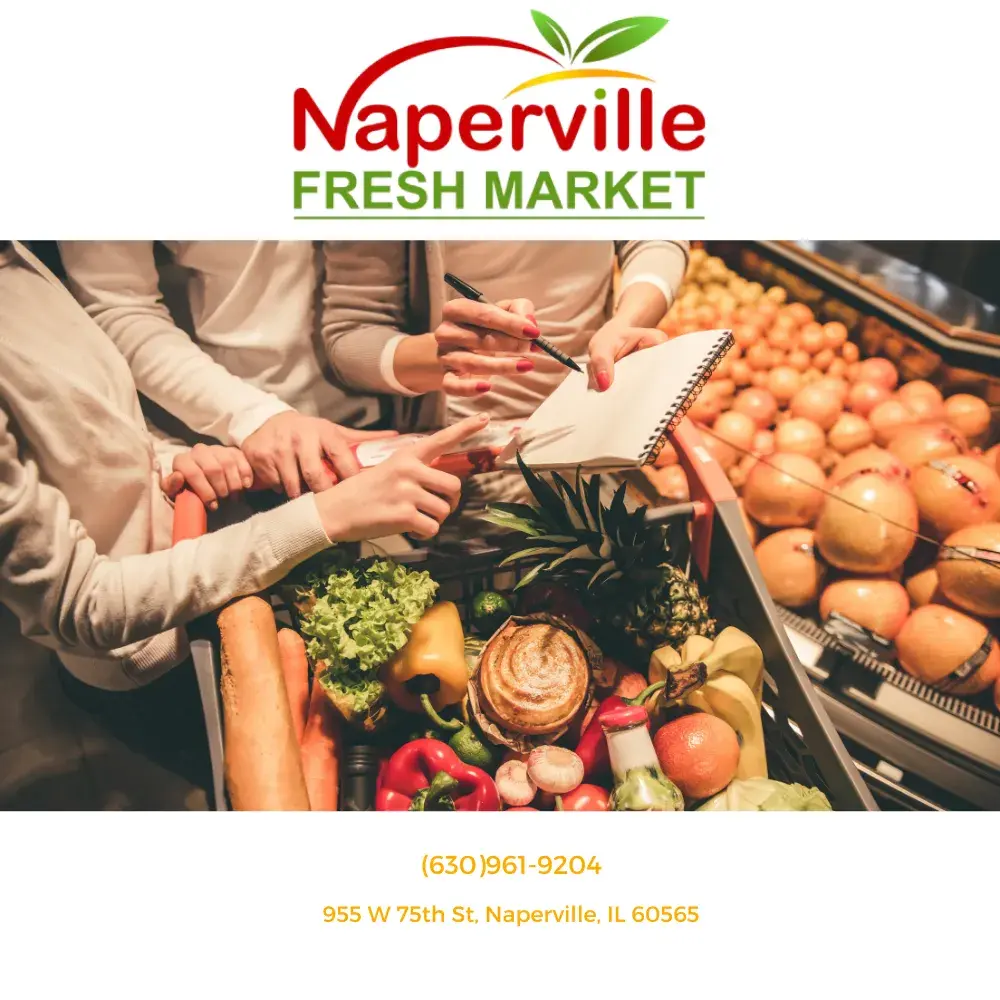Emphasizing Transparent and Open Communication
Effective communication is the backbone of any strong supplier relationship, especially when operating in the international market. Supermarkets should establish clear communication channels, set regular check-ins, and remain proactive in addressing potential challenges with their suppliers. By prioritizing openness and transparency, supermarkets can build trust, ensuring that both parties are on the same page regarding expectations, deadlines, and quality standards. Adopting digital tools that facilitate real-time communication, such as video conferencing and messaging platforms, can further enhance collaboration, making it easier to resolve issues as they arise.
Understanding and Respecting Cultural Differences
Building meaningful connections with global suppliers requires an understanding of cultural differences and business practices. Every country has unique approaches to negotiation, contract terms, and communication styles, which can impact the effectiveness of the partnership. Supermarkets should take the time to research and respect these differences, adapting their approach when working with suppliers in different regions. Demonstrating cultural awareness not only strengthens the relationship but also showcases the supermarket’s commitment to international partnerships, fostering a sense of goodwill and cooperation.
Prioritizing Quality and Consistency in Supply
For supermarkets operating in the international market, product quality and consistency are vital for maintaining customer trust and loyalty. Ensuring that suppliers adhere to rigorous quality standards builds a reliable supply chain that customers can depend on. Supermarkets should work closely with their suppliers to establish clear quality expectations, conducting regular audits or check-ins to confirm that these standards are upheld. By providing feedback and support, supermarkets can help suppliers meet these benchmarks, fostering a partnership based on mutual respect for quality. This consistency in product quality ultimately enhances the supermarket’s reputation.
Building Trust Through Fair Business Practices
Trust is an essential factor in any long-term supplier relationship, particularly within the international market. Supermarkets that engage in fair, transparent business practices are more likely to retain loyal suppliers who view them as reliable partners. This includes timely payments, honoring contract terms, and showing flexibility when unexpected issues arise. By treating suppliers with respect and valuing their contributions, supermarkets can cultivate loyalty and dependability in their supply chain. In return, these trusted suppliers are more inclined to prioritize the supermarket’s needs, ensuring steady product availability and reinforcing a positive partnership.
Ultimately, developing long-lasting global supplier relationships offers supermarkets a competitive advantage in the international market, supporting consistent product quality, cultural diversity, and enhanced customer satisfaction. By focusing on transparent communication, cultural respect, quality control, and fair practices, supermarkets can create a resilient supply chain that stands the test of time, meeting the evolving needs of their customers with stability and reliability.
Learn More
Finding the Right Global Supplier Partnerships for Retail Success
The Benefits of Partnering with International Suppliers for Supermarkets




